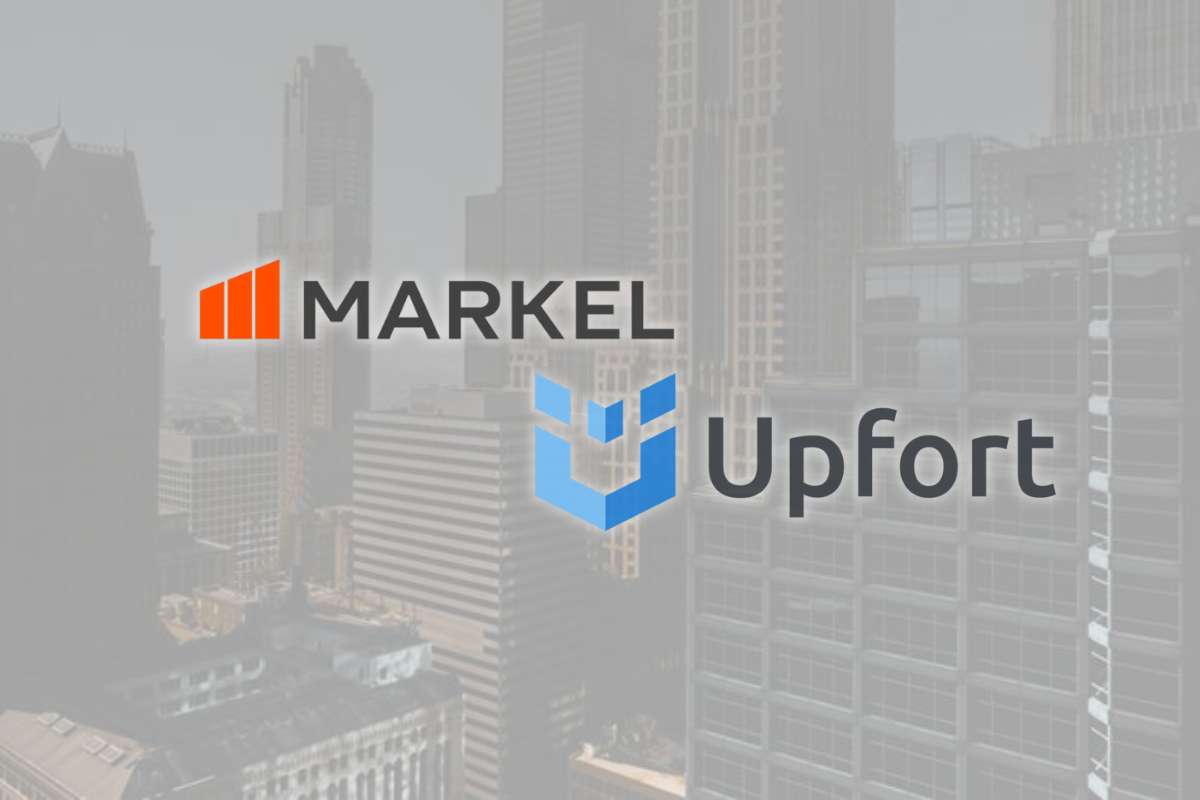(Source-Alex Tai_SOPA Images_LightRocket _ Getty Images)
Google Advocates for Modernizing Immigration Policies
In a bid to safeguard the United States’ competitiveness in the global tech arena, Google has appealed to the Department of Labor to update immigration policies, stressing the inclusion of Artificial Intelligence (AI) in the list of occupations considered scarce. Highlighting the potential loss of valuable AI and tech talent, Google emphasized the necessity of adapting immigration regulations to the rapidly evolving technological landscape.
According to Google’s letter to the Department of Labor, current policies such as Schedule A, which identifies occupations lacking sufficient American workers, need to be more agile and responsive to the demand for expertise in fields like AI and cybersecurity. Karan Bhatia, Google’s head of government affairs and public policy, underscored the urgency, noting that the existing list of occupations in Schedule A hasn’t been revised in two decades, failing to address the contemporary scarcity of AI specialists.
Challenges Faced by Tech Companies
One of the critical hurdles faced by tech companies like Google is the lengthy process of obtaining permanent residency, commonly referred to as green cards, for their employees. The Department of Labor mandates a permanent labor certification (PERM) to demonstrate the shortage of workers in specific roles, a process that can be time-consuming. To expedite this, the government has pre-certified certain occupations through Schedule A, albeit with limitations.
While Schedule A currently includes professions like physical therapists and professional nurses, Google asserts that it fails to adequately address the burgeoning demand for AI and cybersecurity experts. Despite not reducing the wait time for green cards, Schedule A significantly streamlines the processing time, providing a crucial advantage for companies navigating the immigration process.
Addressing the Talent Shortage and Policy Recommendations
The rise of generative AI has intensified the scarcity of AI talent in the US, creating a significant challenge for companies seeking to innovate in this domain. Google highlights the restrictive nature of current immigration policies, which often compel talented individuals to leave the country while awaiting approval, undermining efforts to cultivate a robust AI workforce domestically.
Competition for AI talent has reached unprecedented levels, with companies resorting to aggressive recruitment tactics and exorbitant salary offers. President Joe Biden’s executive order on AI underscores the strategic importance of bolstering the nation’s AI capabilities, necessitating collaboration between federal agencies and the private sector to address the talent deficit.
In response to these challenges, Google recommends an overhaul of immigration policies to reflect the evolving needs of the tech industry. This includes updating Schedule A to encompass AI and cybersecurity occupations, as well as implementing transparent mechanisms for regular updates informed by diverse data sources and public feedback. By modernizing immigration regulations, the US can ensure its continued leadership in the global tech landscape while fostering innovation and economic growth.






